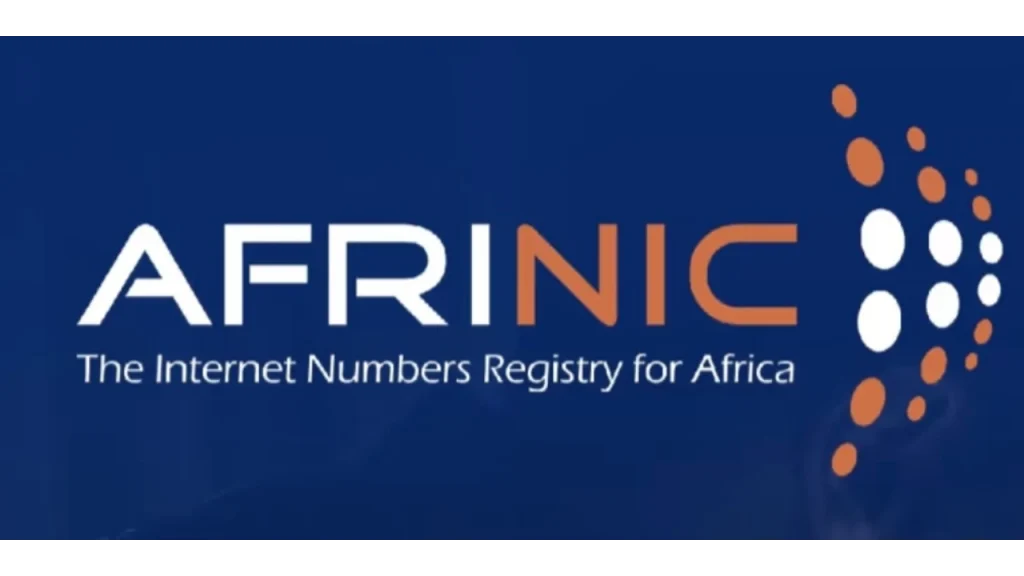- AFRINIC’s annulled election deepens its governance crisis
- ICANN accused of overreach, threatening Africa’s autonomy
AFRINIC’s failed election
AFRINIC’s cancellation of its June 2025 board election has become the clearest sign yet of its governance crisis. The annulment, triggered by a single “unverified proxy dispute,” discarded many valid votes and left members without representation. Critics argue this episode highlights unworkable election standards that make a fair, democratic process impossible under the registry’s current structure. This is not an isolated case but the outcome of years of poor management, internal lawsuits, and an inability to maintain functional leadership.
The damage extends beyond AFRINIC itself. Africa’s internet number resources remain under uncertainty, as the registry has failed to provide confidence in its stewardship. Observers warn that the collapse of trust has wider consequences for Africa’s connectivity, investment in digital infrastructure, and the broader ambition of building a resilient digital economy. In short, AFRINIC’s governance has become irreparably broken, and its collapse now casts doubt on the continent’s future role in managing its own resources.
Also read: Cloud Innovation calls for AFRINIC wind-up after ‘impossible’ election standards
Also read: EXPOSED: The letter that reveals who was really benefitting from AFRINIC’s lawsuits
ICANN’s overreach and Africa’s autonomy
While AFRINIC’s failure has left a governance vacuum, ICANN’s response has created fresh controversy. The corporation has pushed its ICP-2 compliance document, which effectively allows it to de-recognise regional internet registries. Critics say ICANN bypassed its own multistakeholder processes to adopt this framework, a move seen as a quiet power grab that risks undermining bottom-up governance in Africa. Such centralisation challenges the principle of regional autonomy and fuels concern that ICANN is now attempting to “pick AFRINIC’s leaders,” rather than respecting local decision-making.
Cloud Innovation, AFRINIC’s third-largest member, has argued for a “necessary reset.” It has demanded that ICANN and the NRO step in to appoint a new regional registry, emphasising that the continuity of Africa’s IP management is at stake. Yet ICANN’s inconsistent behaviour—first threatening to derecognise AFRINIC, then appearing to backtrack—raises suspicion about its real motives. For Africa, the choice now looks bleak: either accept a failed registry that has lost trust or accept an external authority expanding its reach. This uncertainty not only weakens Africa’s internet governance but also threatens confidence among businesses, investors, and governments that rely on stability to support digital growth.

